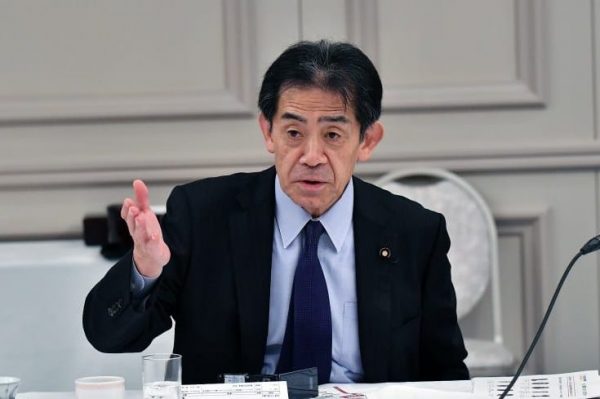On March 10, the JCIE/FGFJ Diet Task Force met with Dr. Noboru Minakawa of the Nagasaki University for Tropical Diseases and Dr. Shigeyuki Kano, director of the Department of Tropical Medicine and Malaria at the National Center for Global Health and Medicine, to discuss the relationship between climate variation and malaria. The topic generated a high level of interest among Task Force members, with 11 Diet members participating in productive discussions that will be highlighted in an upcoming report.
The main points from this breakfast meeting included Dr. Minakawa’s research on climate change’s relationship to the spread of malaria. While it was discovered that global warming per se has no direct correlation to the incidence of malaria, climate variation is one of the causes of malaria outbreaks. Dr. Minakawa explained how climate forecasts can predict malaria incidences, which enables countries to make the necessary preparations.
In response to this revelation, Dr. Minakawa created a climate prediction model for southern Africa, following a joint study with the Japan Agency for Marine-Earth Science and Technology (JAMSTEC). With this model, it is now possible to predict climate patterns as much as three to four months in advance, helping experts better predict malaria epidemics.
This “malaria climate forecast” can be expected to have positive effects, facilitating the process of stockpiling medicine and mosquito nets and coordinating indoor residual spraying among communities. Climate forecasts and infectious disease forecasts can also be regularly shared with relevant local organizations. Further information on Dr. Minakawa’s joint study with JAMSTEC is available on the JAMSTEC website.
In his presentation, Dr. Kano noted that unlike AIDS and tuberculous, malaria is an acute disease, meaning the number of malaria cases can be reduced if we take the appropriate measures to cope with the disease. Dr. Kano stressed the importance of having those involved in the fight against malaria consider how climate variations affect local environments.
For more information on this event, please visit the FGFJ website.

